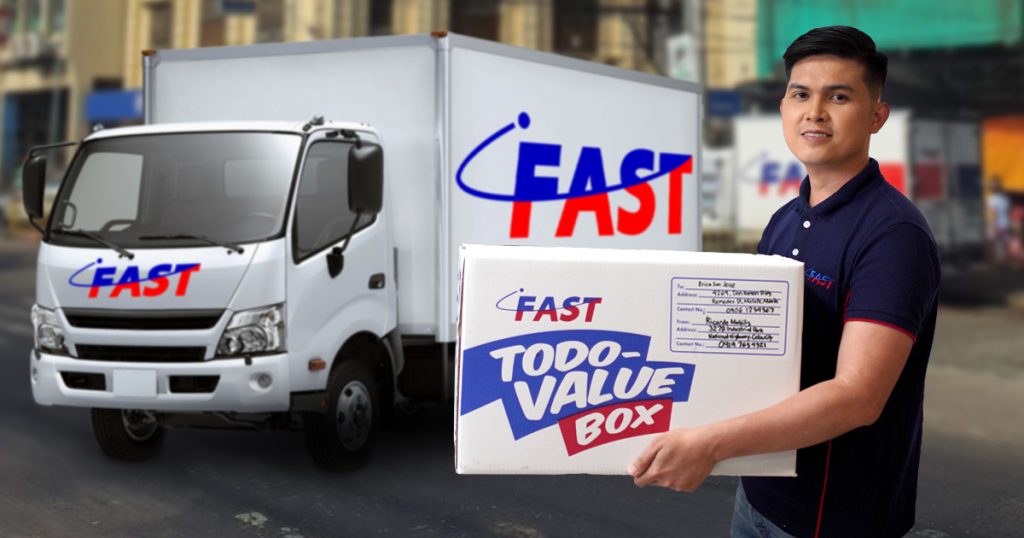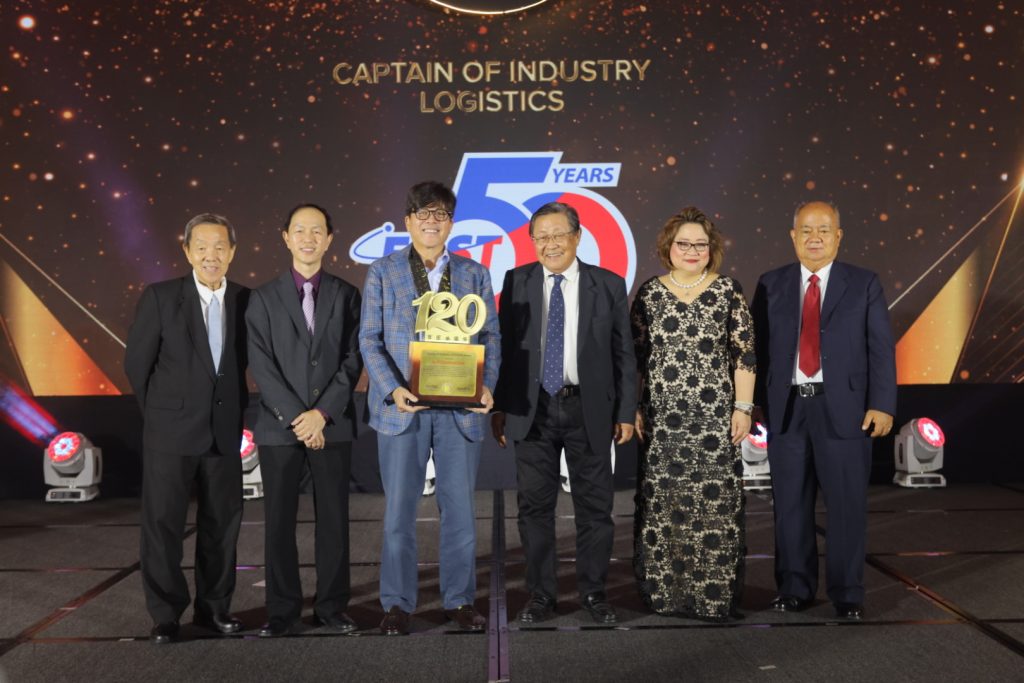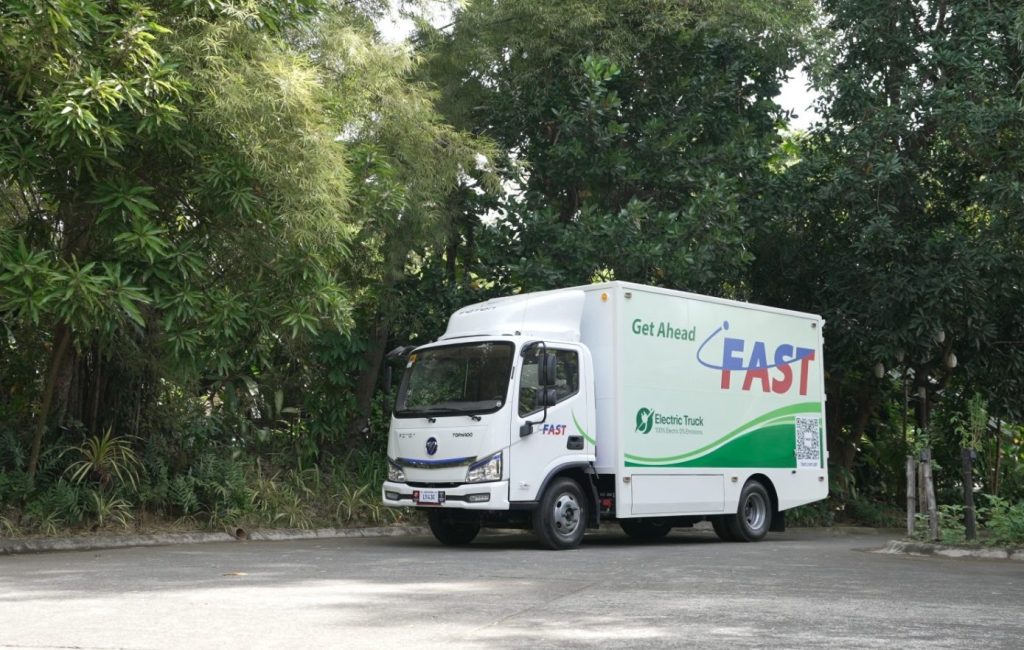
FAST Logistics Group, the Philippines’ end-to-end logistics company, is helping Fast-Moving Consumer Goods (FMCG) brands to accelerate their journey toward net zero.
Net zero means balancing the greenhouse gas emissions a company produces with an equal amount removed or offset, so that its overall contribution to climate change is effectively zero.
By providing sustainable logistics solutions powered by renewable energy, FAST helps FMCG companies meet their ESG commitments and reduce their carbon footprint, without compromising efficiency or reliability.
Understanding the Pressure to Cut Emissions
The FMCG industry is under immense pressure to cut carbon emissions. A 2021 report of the World Economic Forum found that one-third of global greenhouse gas emissions and nearly 40% of global plastic waste came from FMCG companies. A large portion of these emissions comes not from production alone, but from complex, energy-intensive supply chains.
As the climate crisis intensifies, global organizations and governments are urging companies to decarbonize their operations and supply chains. Consumers are also demanding greater accountability from brands. A 2024 PwC global survey revealed that over 80% of consumers are willing to pay a premium for sustainably sourced products. The average consumer is also willing to pay around 9.7% more for products that meet defined environmental standards, according to the study. For FMCG brands, this means sustainability directly influences market share and profitability.
The growing demand for sustainability is rooted in lived experience. Around 85% of global consumers report having personally felt the effects of climate change, according to PwC. In the Philippines, the number is even higher as 87% of Filipinos say they have been affected, and 88% believe climate change poses a direct risk to their health.
This heightened awareness has already reshaped buying habits. McKinsey reported that products with sustainability claims grew by 28% from 2017-2022, outpacing the 20% growth of products without such claims.
FMCG brands thus face both a responsibility and an opportunity to pioneer sustainable solutions that work effectively across global supply chains.
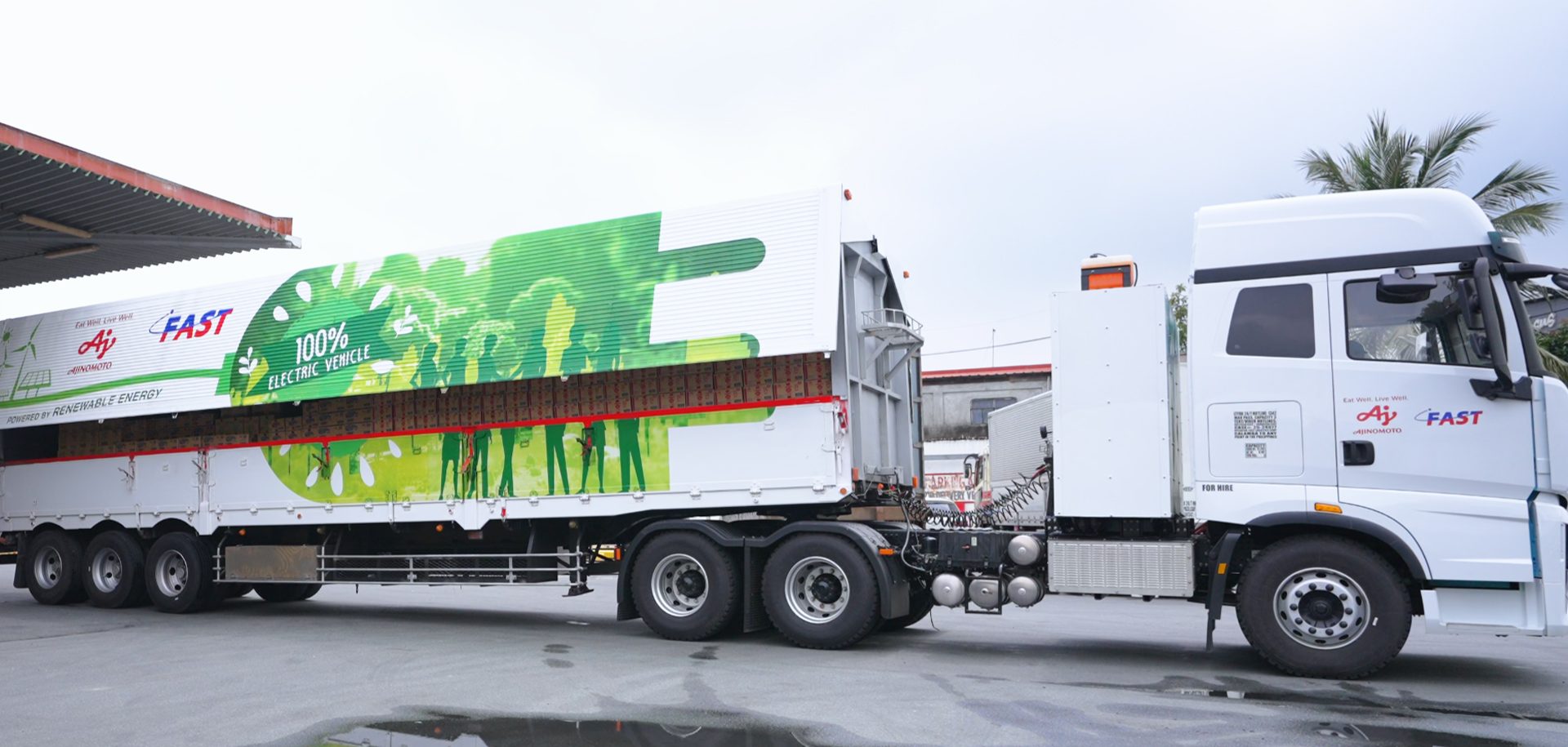
Why Net Zero Pledge Matters for FMCG Brands
Achieving net zero has evolved from a “nice-to-have” initiative to a core business imperative. For consumer goods companies, this means measuring emissions across the entire value chain, reducing them through operational changes, and offsetting what remains through verified programs.
Here are key reasons why FMCG companies must integrate net-zero strategies into their business models.
Prepare for Regulatory Requirements
Regulatory pressure continues to build as governments implement binding climate targets. UN monitoring shows that 107 countries adopted net-zero pledges either in law, in a policy document or remarks by a high-level government official. In addition, more than 9,000 companies, over 1,000 cities, more than 1,000 educational institutions, and over 600 financial institutions have also pledged to Net Zero by 2030. FMCG companies that delay decarbonization risk rising compliance costs, carbon taxes, and restricted market access as regulations tighten globally.
Drive Financial Returns
Beyond compliance, carbon neutrality drives measurable financial returns. Leading climate-active companies report financial benefits equal to 7% of annual revenues, roughly $200 million per year, by improving energy efficiency and resource management. A carbon survey report also found that more than half of businesses believe they can reduce emissions by 10% to 40% while achieving net cost savings. Energy optimization and renewable energy adoption also create operational efficiencies that enhance profitability and sustainability.
Strengthen Brand Trust and Loyalty
Consumers reward brands that take genuine climate action. Transparent sustainability programs build consumer loyalty, enhance reputation, and position companies as leaders in the growing “green economy.” FMCG companies cannot afford to fall behind when brand perception is shaped by environmental responsibility.
Leverage Scale and Flexibility
FMCG companies have the resources, scale, and agility to lead the transition toward renewable energy. They can start with pilot initiatives and scale successful programs across regions. As FAST has emphasized, large FMCG players can act as “big brothers” to smaller enterprises — mentoring partners, sharing best practices, and driving industry-wide sustainability while maintaining profitability.
Expand Impact Through Partnership
FMCG companies can amplify their impact by collaborating across sectors, especially with industries that require capital-intensive decarbonization solutions. With their vast partner and customer networks, multinational brands are well-positioned to promote shared ESG goals and accelerate carbon reduction throughout the value chain.
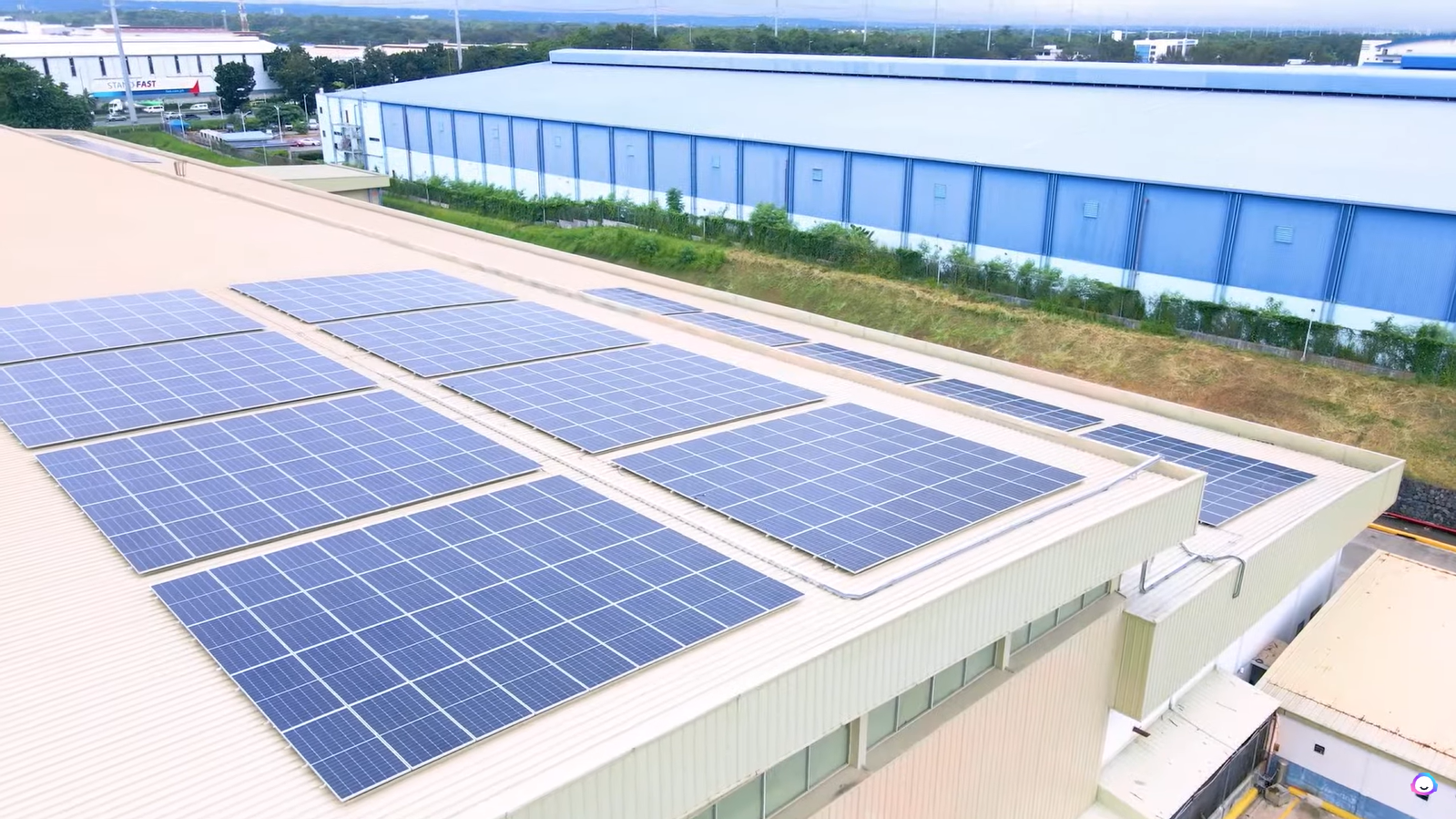
FAST Logistics Group recently launched its ESG Strategy and Net Zero by 2050 commitment, underscoring its dedication to sustainable logistics solutions. FAST’s commitment to sustainability is embedded in its core business strategy, ranging from the use of fully electric vehicles to the integration of solar energy systems and fuel-efficient transport solutions.
How FMCG Companies Can Achieve Net Zero
For most FMCG companies, logistics represents the greatest opportunity for carbon reduction. Every step — from warehousing to transportation — offers actionable ways to cut emissions and improve efficiency.
Below are some key steps FMCG companies can take to decarbonize their supply chains and move closer to achieving their net-zero goals.
Measure and Monitor Supply Chain Emissions
Establishing a comprehensive emissions baseline is essential. Emissions should be measured across all scopes, with greater granularity for tier 1 suppliers and for products or components that contribute the most emissions. Conducting a carbon audit that includes Scope 3 emissions, covering logistics and transportation, is particularly crucial. Modern logistics management systems provide real-time visibility into energy use and emissions, empowering companies to make data-driven sustainability decisions.
According to the Greenhouse Gas Protocol Corporate Accounting and Reporting Standard, emissions are typically divided into three scopes:
Scope 1: Direct emissions from operations under a facility’s control, such as on-site fuel combustion.
Scope 2: Indirect emissions from purchased electricity, steam, heat, or cooling.
Scope 3: All other indirect emissions, including upstream and downstream value-chain activities such as transportation, packaging, and product use.
Optimize Transport Efficiency
FMCG brands should harness technology to maximize efficiency. Transport Management Systems (TMS) — such as FAST’s AI-powered TMS — optimize routes, truckload utilization, and fuel consumption. Route optimization alone can cut logistics-related emissions by up to 15%, while fuel-efficient driver training further strengthens sustainability outcomes.
FAST has developed its own Transport Management System that streamlines transport operations and enables greater visibility. This full suite of solutions also allows route optimization and truckload utilization, reduces fuel consumption, and provides real-time tracking of emissions, helping FMCG companies make data-driven decisions to improve efficiency and sustainability.
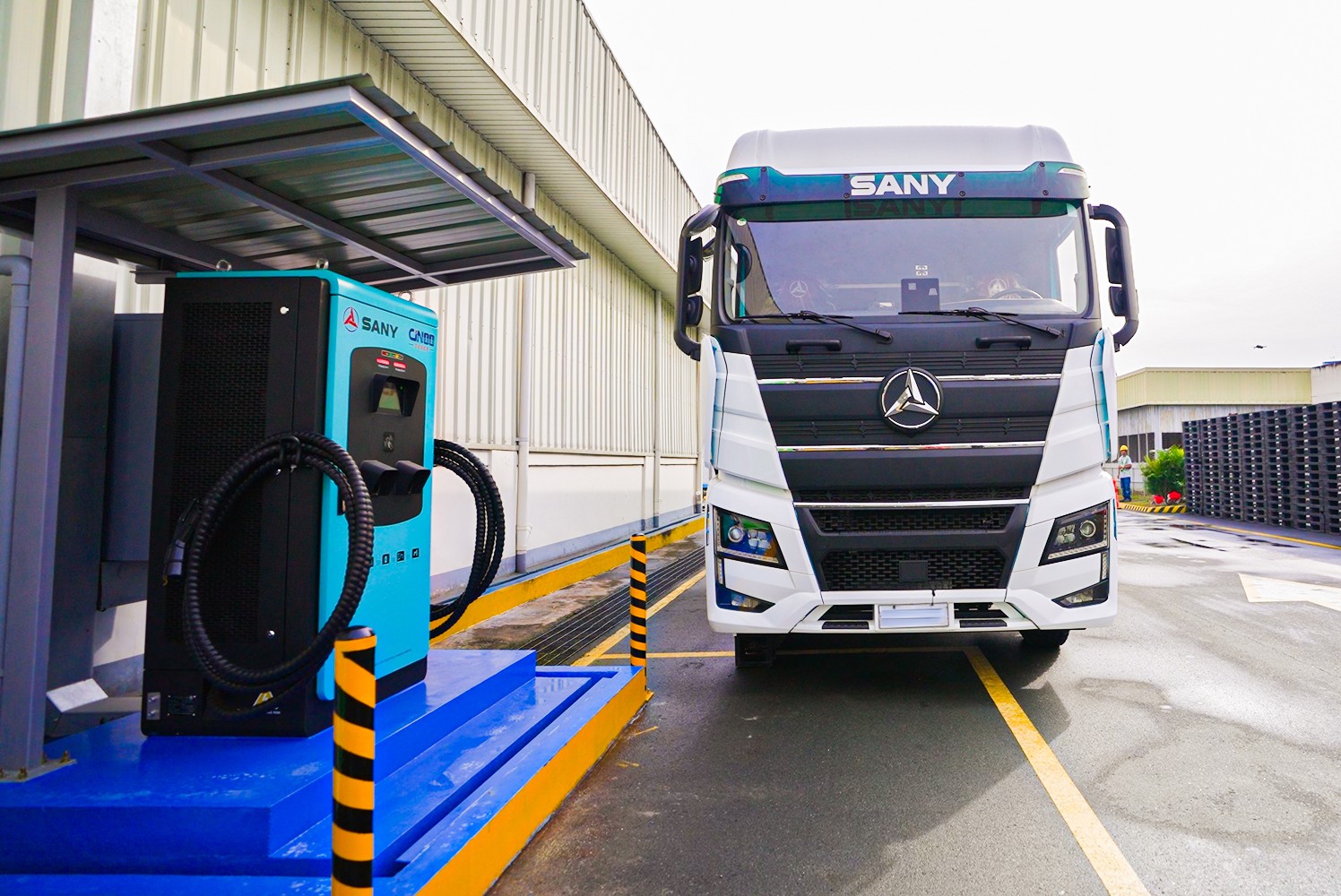
Adopt Renewable Energy in Warehousing
Warehouses consume massive amounts of electricity for lighting, refrigeration, and automation. Transitioning to solar-powered logistics hubs can drastically lower carbon emissions. FAST’s renewable energy–powered facilities in the Philippines are already setting the standard for sustainable logistics infrastructure.
FAST has integrated renewable energy solutions into its warehousing operations. FAST’s solar-powered facilities cater to FMCG companies and small businesses, empowering them to store and manage products sustainably while maintaining operational efficiency.
Transition to Green Transport Logistics
Decarbonization extends beyond production facilities. The transport sector plays a crucial role in reducing emissions. FAST has already deployed fully electric vehicles (EVs) for last-mile delivery and continues to invest in alternative fuels for longer routes, significantly lowering emissions in transport-intensive FMCG operations.
FAST is supporting Ajinomoto Philippines Corporation in its transition to green transport logistics. The two companies launched a fully electric 40-foot trailer wing van, projected to prevent approximately 130 metric tons of carbon emissions annually. The truck can carry up to 25 tons per trip and makes around 20 trips each month. The integration of this electric vehicle into Ajinomoto Philippines’ fleet is taking a significant step toward achieving its corporate goal of reducing its environmental impact by 50% by 2030.
Streamline Distribution Through Cross-Docking
Cross-docking reduces unnecessary storage and handling by enabling direct transfers between inbound and outbound trucks. This strategy cuts fuel use and warehouse energy consumption, helping FMCG brands lower emissions while improving delivery speed and efficiency.
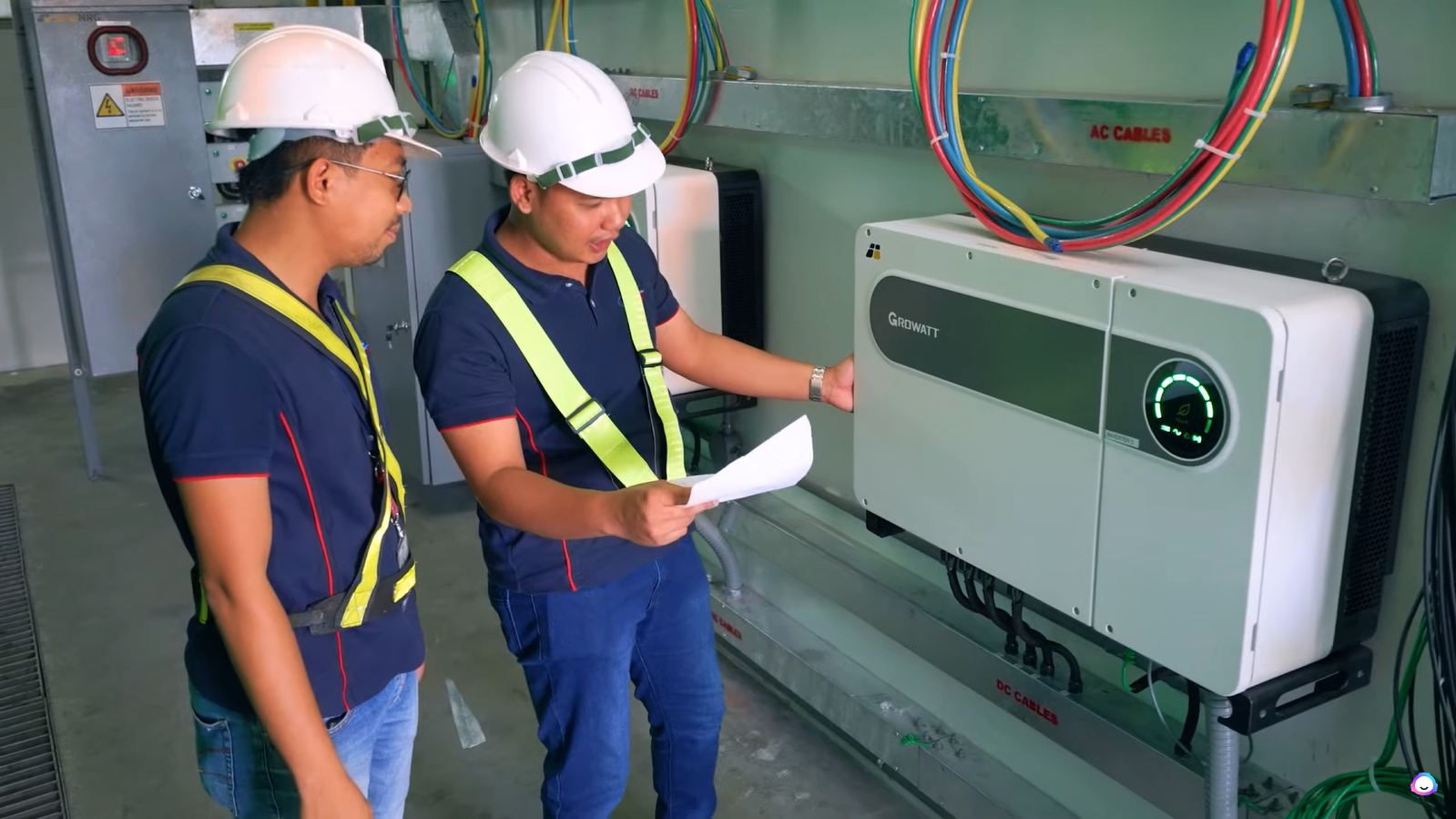
Collaborate with Sustainable Partners
Collaboration across the supply chain is critical, especially since most FMCG emissions occur upstream, from raw materials to packaging. Partnering with logistics providers that prioritize sustainability, like FAST, ensures progress toward net zero across the value chain. Companies can also influence emissions through procurement standards, supplier engagement, and value-chain design decisions.
Build a Culture of Transparency and Reporting
Meaningful data drives accountability. Once companies achieve visibility into their supply chain emissions, they should publicly set 1.5°C-aligned or net-zero targets across all emission scopes. These targets should then be cascaded through their supply chains to ensure alignment and measurable progress.
The Path Forward: Collaboration for Sustainable FMCG Supply Chain
Reaching net zero requires collaboration across every link of the value chain. FMCG brands that work with sustainability-focused providers can achieve measurable carbon reductions while enhancing efficiency and profitability.
Leveraging FAST’s status as the operator of the country’s largest warehouse footprint and transport network, its end-to-end logistics solutions support FMCG and other businesses in implementing sustainable operations, from storage and handling to transportation, efficiently and with reduced carbon impact.
FAST Logistics Group continues to lead the transformation of Philippine logistics, delivering end-to-end solutions designed for a low-carbon future. Ready to decarbonize your supply chain? Connect with our Solutions Experts to accelerate your net-zero journey
Categories
-
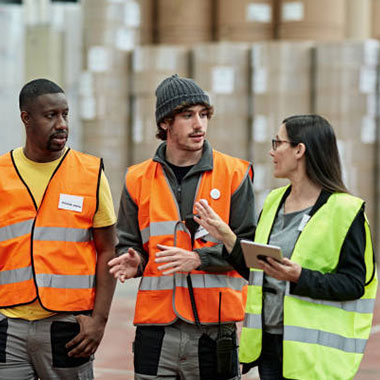
FAST Ahead
Includes case studies and testimonials of our partners as well as other featurettes from industry experts
-
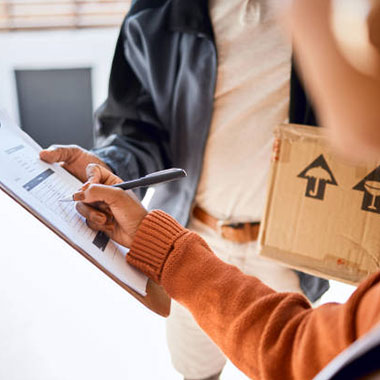
FAST Hacks
We simplify logistics terms and provide practical tips and solutions for the DIY in you
-
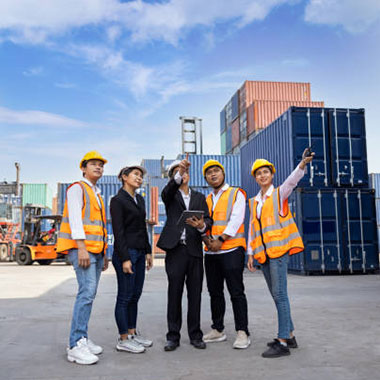
FAST Highlights
Know more about our history, various brands, achievements, and news updates
-
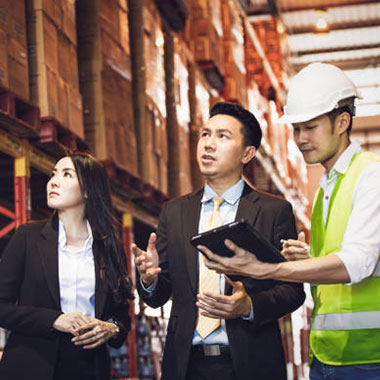
FAST Moments
Get to know the people of FAST, our employee programs, as well as our various ways of giving back to the community
-
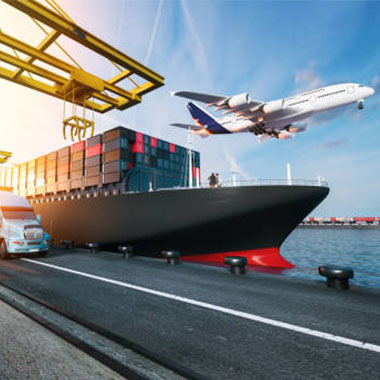
FAST Solutions
Learn more about the various logistics solutions that we cater to and offer our clients, as well as tech innovations, and service facilities
